Joachim Hirtenfellner
Study: Study Irregular Geography
Place of employment: Energie Graz
Job title: Press spokesperson, Head of Communications Department
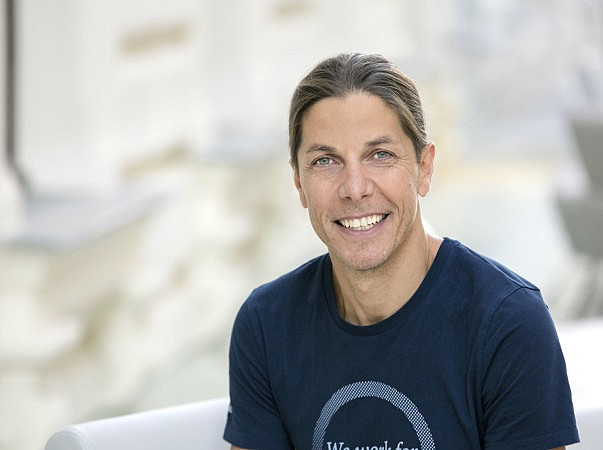
What are your best memories of studying ESS?
At the time of my studies (matriculation number 9311738), ESS was still a "Studium Irregulare", which had to be applied for individually at the Ministry. The flexibility in the choice of subject bundles made it possible to have a highly individualized study program consisting of many fields (business administration, economics, chemistry, meteorology, philosophy, etc.).
What was the most important thing you learned during your studies?
Clearly the ability to work scientifically/scientific research.
What advice would you like to give to the ESS community/students?
Very difficult in ignorance of the "new" (regular) curricula. But in any case, to acquire basic skills in the areas of business, digitalization, social and intercultural competence (including languages).
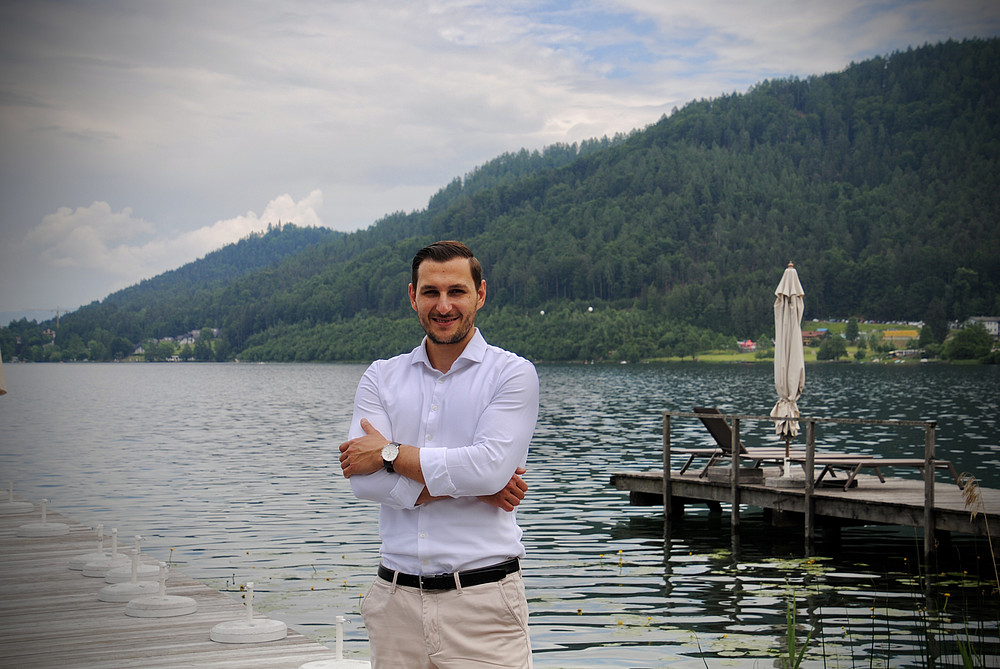
Christoph Schuster
Study program: ESS Management and Global Studies
Location: Graz
Job title: Environmental manager
Are you still in contact with your former fellow students/friends?
Yes, I am still in contact with a few fellow students who are now scattered across many countries.
What surprised or inspired you the most during your studies?
The most unusual thing was the high degree of self-organisation and the need to structure your studies yourself (there was no introductory phase, for example). I learnt a lot from this time, which will benefit me both in my professional and private life. The international character, the concentrated knowledge and the wide range of courses at the university still inspire me today. I also always enjoy meeting former professors or hearing/reading about them in the media.
In hindsight, would you have done anything differently or what tips can you give USW students?
The exchange with other fellow students from different semesters is essential in order to make good progress in your studies. Ideally, you can save yourself a lot of travelling and also make valuable contacts. Building up a network is also very important in later professional life.
Melanie Harrer
Study: ESS Business Administration and Industrial Ecology
Location: Austrian Energy Agency in Vienna
Job title: Expert for climate-neutral companies
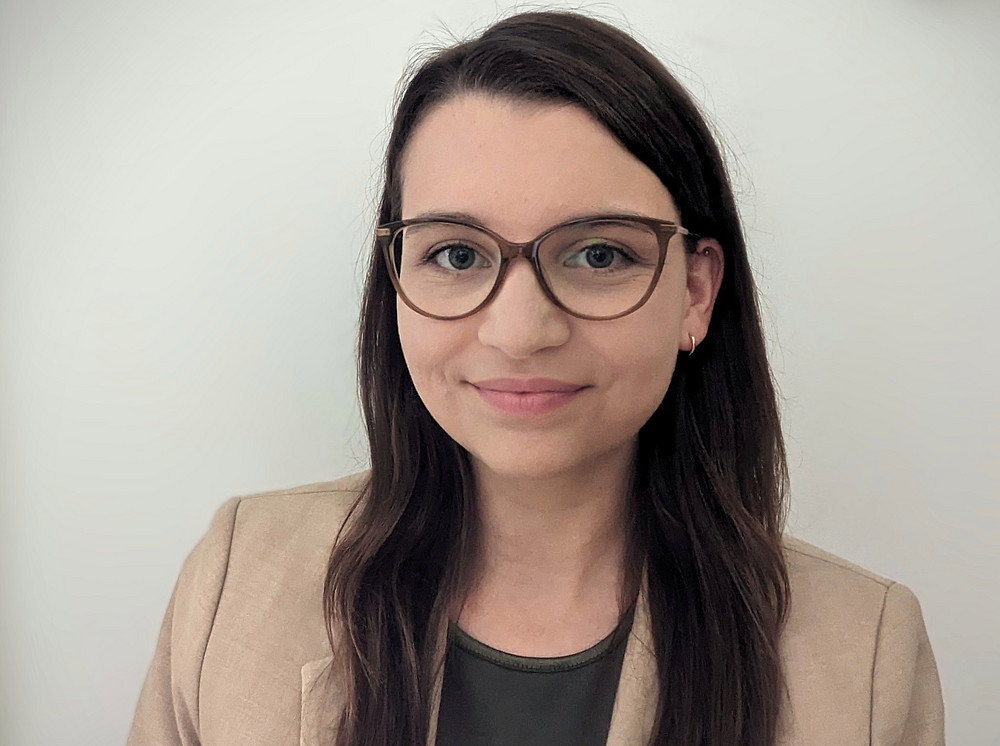
What aspect of your work is particularly enriching for you?
Similar to my studies, I now work in a very interdisciplinary way. I am constantly learning new things through the wide range of projects and tasks. Sustainability has many dimensions, so it always remains exciting.
What was your favourite course during your studies?
One of my favourite courses was 'Earth's Climate System and Climate Change' with Gottfried Kirchengast. We talked about climate change throughout my degree programme, but it was in this course that I really became aware of the physical principles and complex global interrelationships.
What advice would you like to give to the USW community/students?
Take advantage of the versatility of the degree programme and make use of the elective options (e.g. environmental electives, free subjects) to develop your interests and strengths and to try out new things.
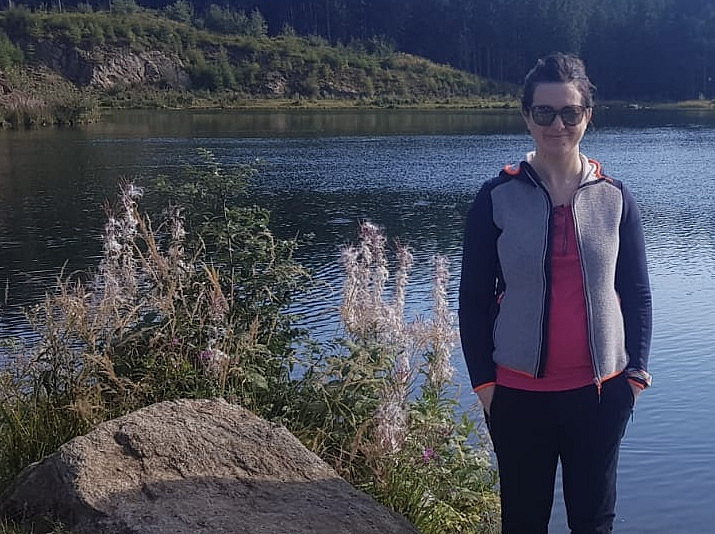
Christiane Edegger
Study: ESS Geography
Location: Department of Geodesy and Geoinformation at TU Wien
Job title: Office Professional
Are you still in contact with your former fellow students/friends?
Partly. A few USW students who live and work here in Vienna meet up from time to time. Otherwise, I've unfortunately lost touch with some of my fellow students.
What surprised or inspired you the most during your studies?
The coolest thing was the excursions offered by the Department of Geography, where you could learn very interesting things in connection with the courses you attended.
In hindsight, would you have done anything differently or what tips can you give ESS students?
Difficult question, but I would perhaps make more use of the opportunities offered by the institutes/university (Erasmus studies, summer schools, etc.) and the opportunities offered by the ESS degree programme in general (organise an interdisciplinary internship yourself, e.g. together with economics; free electives, etc.). I would choose internships and summer jobs (if possible) not only according to financial criteria, but also according to interest.
And of course don't forget about student life outside the university. :-)
Markus Rieder
Degree: ESS with major in physics
Location: Europe-wide, but the "homebase" is and remains Kufstein/Tyrol
Job title: Data Analyst
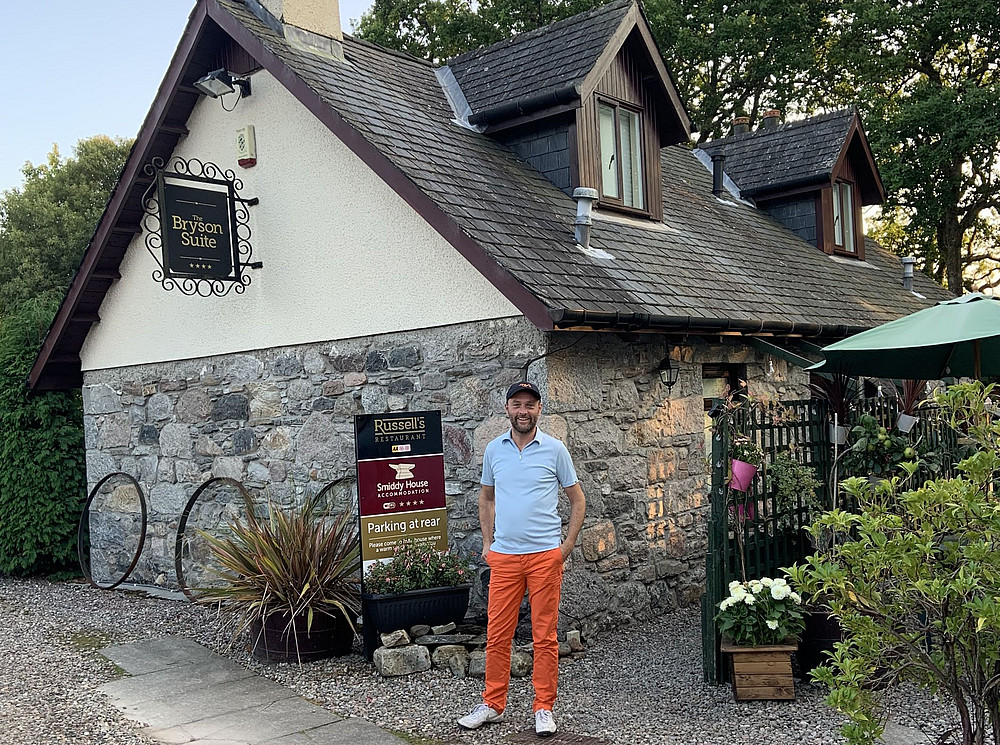
What is special about Environmental Systems Science?
You have the opportunity to specialise in several different subjects, which nevertheless remain bundled under one general topic. This increases the focus on the interdisciplinary.
In your opinion, what are the strengths and weaknesses of environmental systems science?
One strength is certainly the strong networking between the various faculties. Students on "conventional" degree programmes are much more isolated and hardly look beyond the boundaries of their degree course.
At the same time, this may be interpreted as a weakness, at least in the public perception: If there is time for other subjects in addition to the "main subject", something must be falling by the wayside somewhere compared to a conventional degree programme, so the accusation goes.
What was the most important thing you learnt during your studies?
Enjoying the intellectual challenge and breaking down a certain fear of contact/prejudice towards new subjects.
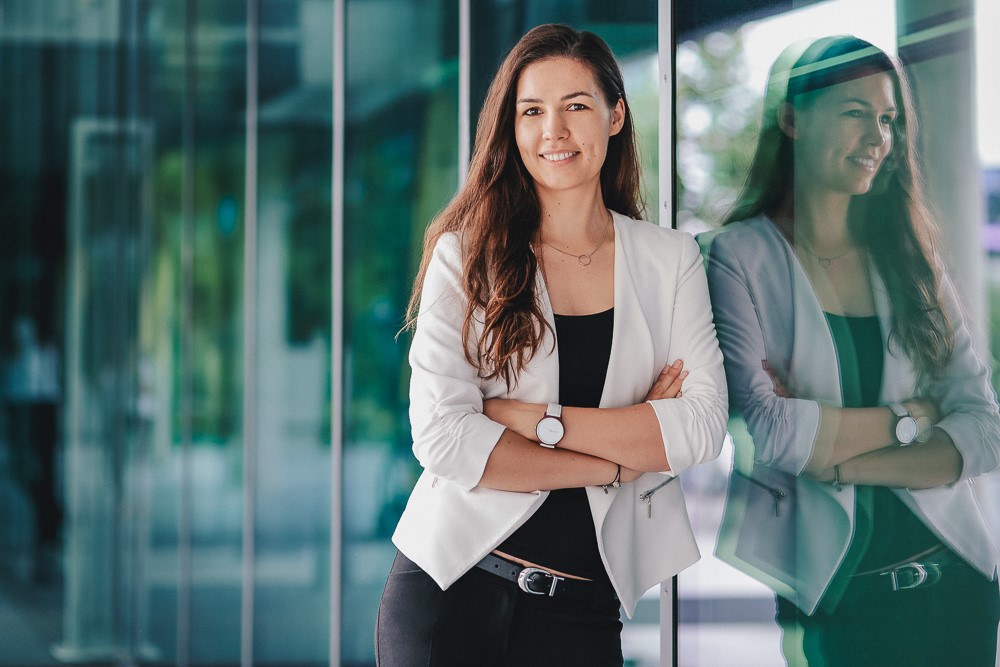
Katrin Gruber-Lang
Study: Bachelor of Environmental Systems Sciences with individual specialisation in Biogeography
Location: Graz and Austria
Job title: Project manager for internal projects and self-employed event manager with a focus on sustainable events
Are you still in contact with your former fellow students/friends?
Unfortunately too rarely as the age difference was too great and the life situations too different.
What surprised or inspired you the most during your studies?
Being able to put together the courses for my individual study programme and for the USW degree programme in general according to my individual interests. My degree programme enabled me to think in an interdisciplinary way and to better understand the links between geography, biology and the environment.
In hindsight, would you have done anything differently or what tips can you give USW students?
Try out as many courses as possible to find out what really interests you and don't just attend the easy courses to quickly collect ECTS! Spend a semester abroad (if possible) and make international contacts.